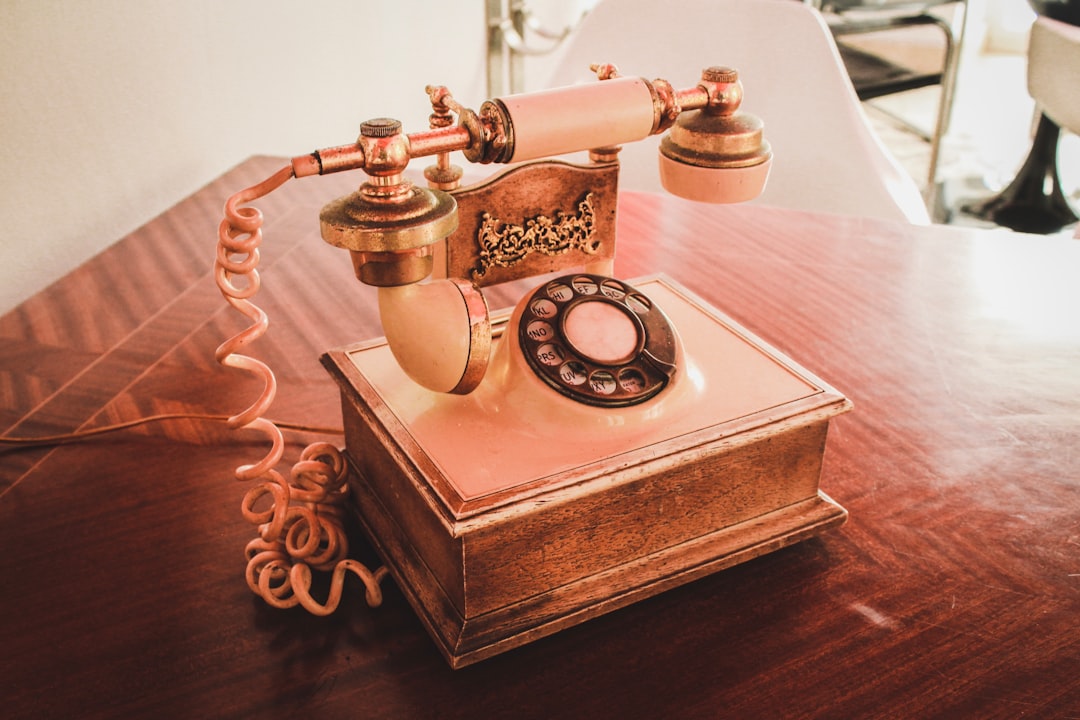Minnesota residents facing spam calls have legal protections under the Telephone Consumer Protection Act (TCPA). To stop them, individuals should identify the source, report the calls to their service provider and the FTC, and consider consulting a spam call law firm or lawyers in Minnesota for guidance. Specialized professionals can help with blocking numbers, financial compensation, and legal action against spammers, ensuring rights under federal and state law are protected.
Tired of relentless spam calls? You’re not alone. Learn how to take control with our comprehensive guide on reporting and stopping spam calls in Roseville, Minnesota. This article delves into the legal framework surrounding unwanted phone communications under the TCPA (Telecommunications Consumer Protection Act). We provide a step-by-step report process tailored for Roseville residents, along with insights into your legal rights and options when facing spam call lawsuits in Minnesota, assisted by expert spam call law firms and lawyers. Discover how to protect yourself and reclaim your peace of mind today.
Understanding Spam Calls and Their Legal Framework in Minnesota

Spam calls, or unsolicited telephone marketing calls, are a common nuisance in modern times. In Minnesota, these calls are regulated by state and federal laws, primarily the Telephone Consumer Protection Act (TCPA). The TCPA prohibits companies from making automated or prerecorded calls to consumers without their prior express consent. It also restricts the use of artificial or prerecorded voices and requires callers to identify themselves when making marketing calls.
Understanding these legal frameworks is essential for anyone looking to stop spam calls in Minnesota. If you’ve received unwanted calls, you have rights. A spam call law firm or spam call lawyers in Minnesota can guide you on how to report these calls effectively. By familiarizing yourself with the TCPA and seeking professional help when needed, you can take proactive steps to reduce spam calls and ensure your privacy.
Reporting Spam Calls: Step-by-Step Guide for Roseville Residents

Reporting spam calls is an important step in protecting yourself from unwanted and potentially harmful communication. In Roseville, Minnesota, residents have several options to combat this issue. Here’s a step-by-step guide to help you navigate the process effectively:
1. Identify the Source: The first step is to recognize that a call is spam. Note down the phone number if possible and take note of any recurring patterns or unusual behavior. This information will be crucial when filing a report.
2. Contact Your Service Provider: Many telephone service providers have mechanisms in place for handling spam calls. Report the incident to them, providing as much detail as you can about the caller and the nature of their messages. They may be able to take immediate action or offer tools to filter such calls in the future.
3. Use National Do Not Call Registry: Enroll your number on the National Do Not Call Registry if you haven’t already. This federal list helps prevent telemarketers from calling your number. However, it might not block all spam calls as some scammers bypass these lists.
4. File a Report with the FTC (Federal Trade Commission): If the calls persist or involve threatening messages, file a complaint with the FTC using their online tools. The FTC takes action against companies that violate TCPA (Telemarketing Consumer Protection Act) laws, which can help stop spam callers from targeting you again.
5. Seek Legal Assistance: For more serious cases, consider contacting a law firm specializing in TCPA litigation. Spam call lawyers in Minnesota can provide guidance and take legal action on your behalf to hold offenders accountable and secure compensation if eligible.
Your Legal Rights and Options When Dealing with Spam Call Lawsuits in Minnesota

In Minnesota, as in many places across the country, you have legal rights and options when dealing with spam calls. The Telephone Consumer Protection Act (TCPA) is a federal law designed to protect consumers from unwanted phone calls, including those considered spam or telemarketing calls. If you’re experiencing persistent spam calls, it’s important to know your rights and available actions.
One option is to report the spam calls to the Federal Trade Commission (FTC), which has established a system for tracking and addressing consumer complaints about robocalls and other automated messages. Additionally, many states, including Minnesota, have their own specific regulations and penalties for spam calls. Consulting with a spam call law firm or lawyer specializing in TCPA cases in Minnesota can provide you with tailored guidance on how to stop spam calls effectively and protect your legal rights. These professionals can help you understand the best course of action, whether it involves blocking numbers, seeking financial compensation, or taking legal recourse against the perpetrators.






